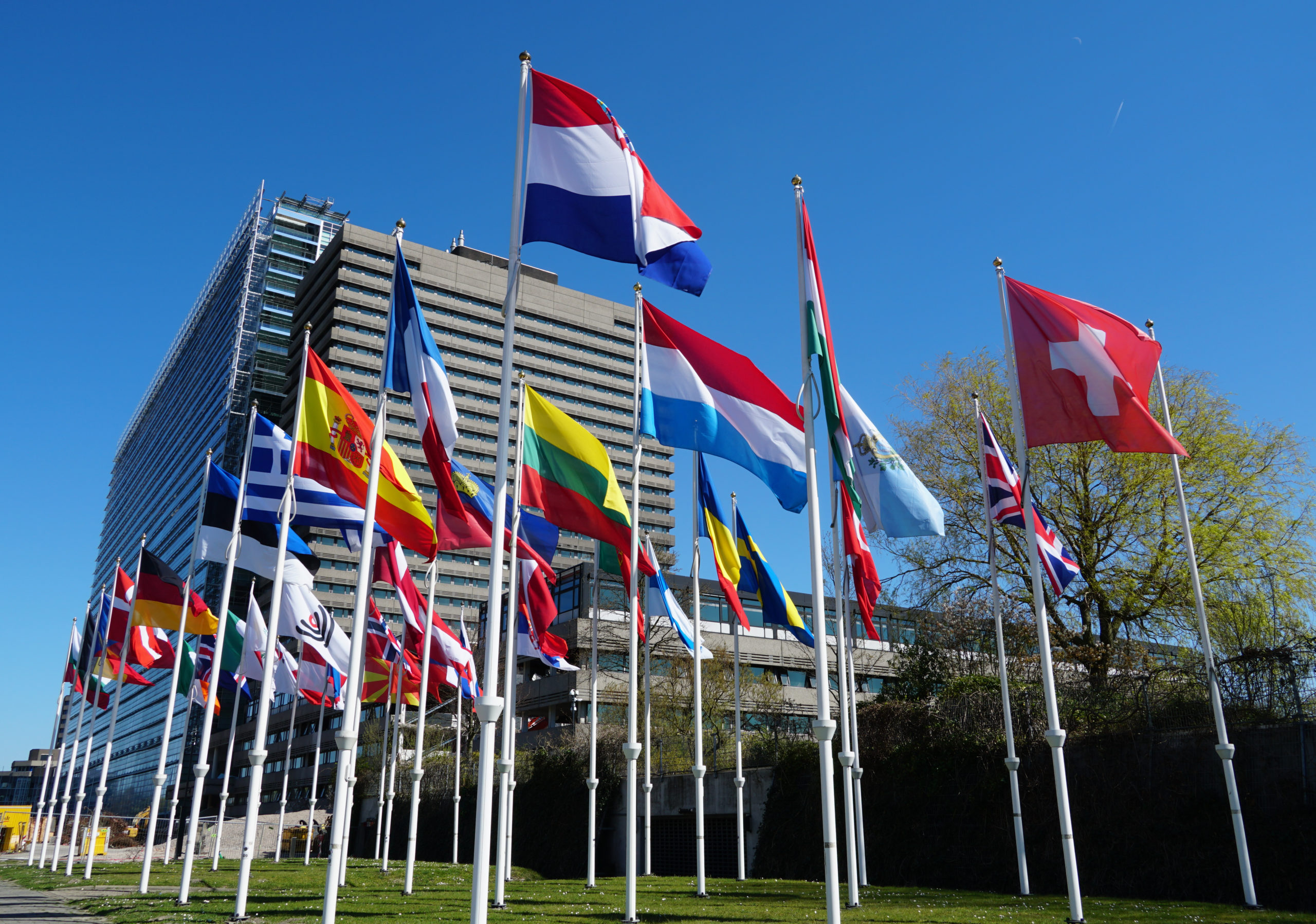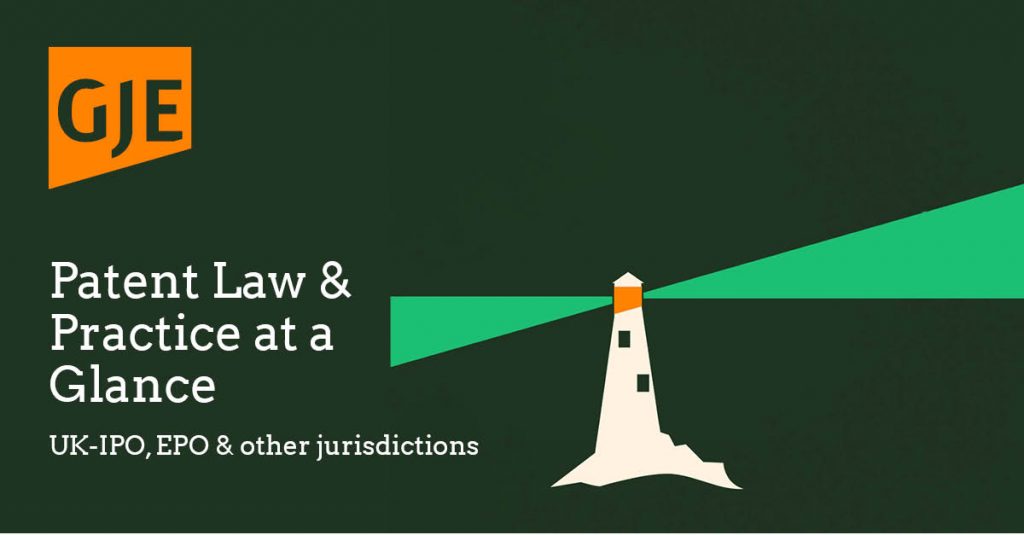
The Enlarged Board of Appeal has recently issued its decision in G4/19 on the issue of double patenting under the European Patent Convention. The Enlarged Board concluded that double patenting is prohibited under the EPC, which means it is not possible for the same applicant to obtain two patents for the same subject matter, even if they have a different filing date.
In the case under consideration the applicant, Nestlé, had filed a first European patent application for an invention that was related to the prevention and treatment of allergic diarrhoea. They then filed an international (PCT) application that claimed priority from the original European application in order to seek protection for the invention around the world. The PCT application had a later filing date and was entered into the European regional phase, meaning that there were then two patent applications for the same subject matter. The original European application proceeded to grant, and the application was then refused on grounds of double patenting, since the subject matter was identical. The applicant appealed, arguing that they had a legitimate interest in grant of a second patent that would have a later expiry date (since patent term runs from the filing date of an application).
There is no explicit provision in the EPC that prohibits double patenting. However, Art. 125 EPC states that “In the absence of procedural provisions…, the European Patent Office shall take into account the principles of procedural law generally recognised in the Contracting States”. The Enlarged Board found that it was an accepted principle in most Contracting States that two patents cannot be granted to the same applicant for one invention. Empowered by Art. 125 EPC, the Enlarged Board found that there is a legal basis for the prohibition on double patenting, even in the absence of any explicit provision.
The Enlarged Board concluded that a European patent application can be refused if it claims the same subject matter as a European patent which has been granted to the same applicant. The application can be refused on that legal basis, irrespective of whether it:
a) was filed on the same date as, or
b) is an earlier application or a divisional application in respect of, or
c) claims the same priority as the European patent application leading to the European patent already granted.
According to the Enlarged Board, it does not matter whether the applicant has an interest in double patenting because it might extend the expiry date of protection. The prohibition on double patenting is absolute. In this case, the applicant should have withdrawn the earlier patent application before grant if they had wanted to extend their patent term.
It is worth noting that the decision did not deal with the requirement that the prohibition on double patenting applies only where there is the “same applicant” and the “same invention”. In the case under consideration, both the applicant and the claims were identical. In practice, one way around the prohibition on double patenting is to consider amendments that would provide some difference in claim scope between the earlier and later patents. Existing case law such as T877/06 indicates that no objection should be raised if the claims of the two applications are partially overlapping, and therefore do not relate to the “same invention”.
Applicants should continue to tread carefully when dealing with a pair of cases that might fall within the double patenting prohibition. However, skilled advice in such a situation should ensure that an applicant emerges with a single patent having maximum term and an appropriate scope of protection, or with two patents that have useful and overlapping scope.
If you have any questions on how this decision might affect your IP rights please get in touch at gje@gje.com.

